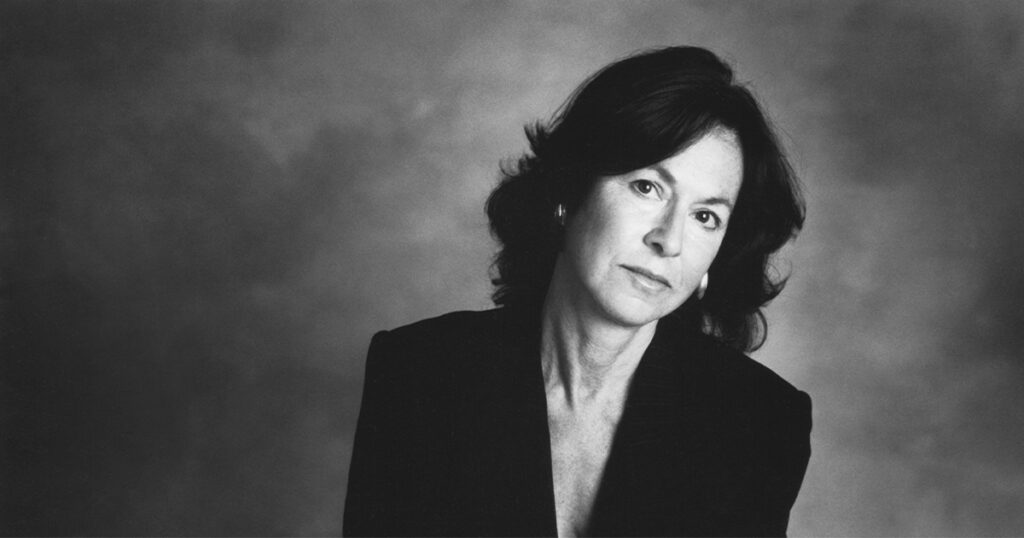
At last the night surrounded me;
I floated on it, perhaps in it,
or it carried me as a river carries
a boat, and at the same time
it swirled above me,
star-studded but dark nevertheless.
—“Midnight,” Louise Glück
Like most poets, Louise Glück wrote about mortality. These soaring lyric lines from her poem “Midnight” portray an ecstatic ascent. Is that what dying will be like? The moment has been long awaited. The dark glitters with stars. Glück adds: “but dark nevertheless.” Even her most radiant visions are careful, somber, frank.
Louise (everyone who knew her even casually called her “Louise”) wrote to me on October 3 with “some bad news.” Four days earlier she had been diagnosed with cancer. “I’m calm. I’m 80. I’ve had an amazing life,” she said. Ten days later, she was dead. Louise was a decisive woman. This death could hardly have been quicker.
She once remarked, “I read to feel addressed.” It follows that she wrote to address a reader. Psychoanalysis, which she entered into as a patient at different points in her life, was one of the deep sources of her creativity. I don’t mean psychoanalytic theory or motifs, although there is plenty about parents and children in her work. I mean psychoanalysis as a speech situation in which one person addresses herself to another with truth at stake, and words, untrustworthy words, are the only way to get at it. “My preference from the first,” she wrote, “has been for poetry that requests or craves”—she said craves—“a listener.”
This is not to say her poems are like talk in any usual sense. The language of Glück’s poems has been subjected to the pressure of considerable poetic formality through continual self-scrutiny, driven by the need to say true things. She interjected in her poems phrases like “so to speak” and “as it were” that are common in prose but rare in poetry to acknowledge the artificiality of poetic language, its stagey, unnatural quality, and the fact that—let’s be honest—her listener is reading a book. Yet her poetry is full of the tones of an individual speaking voice, craving its listener.
The intimate exchange between speaker and listener was the theme of her Nobel Prize address. She understood that exchange as the core of any literature that mattered. But the theme does not do justice to her poetry and its achievement. Although intimate, such an exchange is social. It is not a matter of one person speaking about and to herself. For Glück, the individual was by definition part of a social whole, a common world. That idea comes forward in her later books and, above all, in her final collection of poetry, Winter Recipes from the Collective, an austere work, framed by her awareness of her age and mortality. She knew very well that, even for immortal poets, the prize-winners, there is nothing more common than death.


